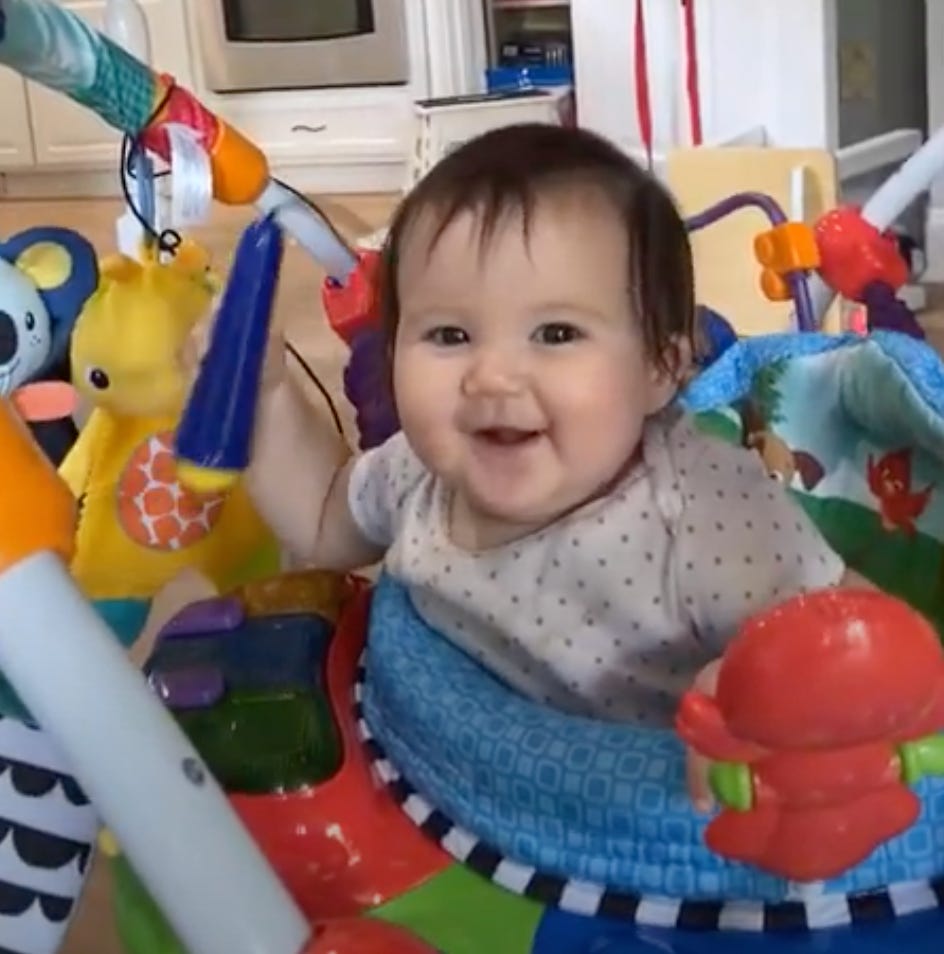Software for Democratic Conversation
Discussions where everyone gets equal time are more democratic
I want groups of any size to be able to talk about difficult topics, in a way that participants are closer to being equal1. Even in very massive groups where not everyone can talk, everyone can give their right to speak to speakers that resonate with them. As such, here’s a design for a software system to facilitate large-scale democratic discussion.

I’m sharing this design to an email newsletter because, hey, this is the box I write things into now, when I want other people to give me feedback. If enough people like this idea, I’ll build it, and let people use it for free.
Why This Matters
The fundamental principle behind democracy is equality. A system is democratic when all participants have equal political power. I understand that there are many arguments against democracy which are gaining credence, both overtly and covertly. I remain convinced that Democracy is indeed, the best system, and that many problems with our current system aren’t problems with democracy, but with the current technology we use to implement it.
Does “everyone has equal political power” really apply to the electoral system today, anywhere in the world? About the only aspect of the American2 electoral system that is democratic is voting. But voting happens at the end of a long, expensive process involving lots of talking.
What if we could make the talking part that happens before the voting, also democratic?
How This Works
The short version is:
everyone gets divisible tokens that represent the right to speak for a fixed amount of time
When you speak at the microphone, your tokens get used up. The mic is cut off once you run out of tokens.
The next speaker is selected by a software queue.
People can trade their tokens to each other, gifting some, or all of their tokens to a speaker they like
This system could be implemented either via videoconferencing software, or, for in-person gatherings, mobile devices communicating with a computer attached to a PA system.
There are many different ways to vary this system. Some groups might say that you need a certain balance to enter the queue, others might add the ability for people to burn their tokens in order to silence a speaker they don’t like. Some groups might have the queue be a bit more flexible to enable back-and-forth conversation, etc.
If 10 people meet for an hour, and they want to talk democratically, each person should be able to talk for 6 minutes. Wouldn’t that be great? I know i’m often guilty of talking way longer than I ought to, and I’d love a system that made it easier for me to please just shut up already, Mark.
Just in small meetings alone, this would be useful. But what about really big discussions - could this work there, as well? In the 2020 democratic debates, 6.6 million people watched a 2 hour debate run by an advertising business, with unelected moderators that selected who got to speak according to a non-democratic system.

The candidates in the highlighted bubble below were all polling at similar levels, but some received substantially more air time than others How is that democratic?
Instead of the current opaque system we could have topics chosen by polls, and speaking time allocated via a system like this. Each viewer could then choose some speakers to share that viewer’s 0.0011 of a second.
Sure, that number seems tiny. To me, that’s what makes democracy sacred: the complex organization of unfathomable numbers of meaningless things into deeply meaningful patterns. To me, what is sacred includes both the aggregate hopes and dreams of millions of people expressed through approximately worthless votes, and the meaningless atoms that form my daughters fingers:
The key idea here is that time at the mic in front of a world-scale audience is a form of political power.
Democratically run systems need some mechanism for democratic discussion. Here’s my proposal - let me know what you think! If there’s a positive enough response, and nobody else says they have built or are already building this, I’ll start.
I wonder if tools like ML might end up removing the advantages that accrue to people deeply versed in rhetoric, although this raises the question of any idea can be equally ‘dressed up’ by an ML system.
Being American, I’ll do the obnoxious thing many Americans do, which is presume that American is a reasonable proxy for the rest of the world.



Three small thoughts:
1. For the words spoken vs polling average graph, if there are more data points, draw an L shaped graph similar to the data. reasoning: to see the minimum effective dose of communication. https://en.wikipedia.org/wiki/Preston_curve https://en.chessbase.com/post/do-chess-players-and-scientists-need-intelligence
2. In the graph it is only for the more verbal tilted party. Imagine a similar graph but for the performance tilted party, there might be a divergence. reasoning: differences in discipline are tied to social affiliation. https://emilkirkegaard.dk/en/2020/05/the-verbal-tilt-model/ https://emilkirkegaard.dk/en/2022/04/iqs-by-university-degrees/
3. Does intelligibility change the situation of "just talk more"? Short and easy vs long and jargon? https://kottke.org/14/10/the-reading-level-of-presidential-speeches
On making democracy work better, consider Swiss-style governance: https://250bpm.com/blog:161/.
It seems to work because the majority of citizens are well-versed in consensus decisionmaking because lots of people run clubs and associations